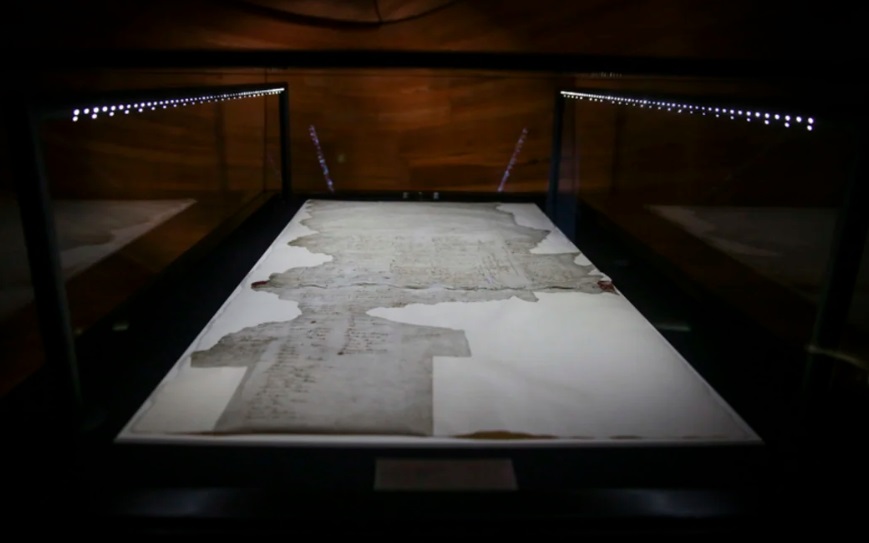
The Waitangi Tribunal has recommended that the government's proposed Treaty Principles Bill be abandoned.
The tribunal released its interim report on Friday on the Act Party proposal and a proposed review of Treaty Clauses put forward by New Zealand First.
In her letter to ministers, the chair of the Waitangi Tribunal Caren Fox said both policies were part of an alarming pattern of the Crown using the policy process and parliamentary sovereignty against Māori.
By engaging with this policy the Crown was sanctioning a process that would take away indigenous rights, she said.
"For the Crown to entertain 'principles' that contain inaccurate representations of the text and spirit of the Treaty / te Tiriti and warped interpretations of te reo Māori from te Tiriti o Waitangi is a breach of the duty to act in good faith and to act reasonably."
The letter highlighted multiple problems with the Bill: including that it "is a solution to a problem that does not exist ; there is no policy imperative that justifies it ; it is 'novel' in its Treaty interpretations ; it is fashioned upon a disingenuous historical narrative ;its policy rationales are unsustainable ; and its current text distorts the language of the Treaty / Te Tiriti."
The Tribunal's recommendations
The Waitangi Tribunal has made the following recommendations.
- 1 The Treaty Principles Bill policy should be abandoned.
- 2 The Crown should constitute a Cabinet Māori-Crown relations committee that has oversight of the Crown's Treaty / te Tiriti policies. The Tribunal does not consider it appropriate that these matters are considered by the Social Outcomes Cabinet Committee.
- 3 The Treaty clause review policy should be put on hold while it is re-conceptualised through collaboration and co-design engagement with Māori.
- 4 The Crown should consider a process in partnership with Māori to undo the damage to the Māori-Crown relationship and restore confidence in the honour of the Crown.
The policies in question
In the National-Act coalition agreement both parties made a commitment to introduce a 'Treaty Principles Bill based on existing Act policy and support it to a Select Committee as soon as practicable.'
Act's Democracy or Co-Government Policy Paper defines three 'principles' to be included in the Bill:
- Article 1: "kawanatanga katoa o o ratou whenua" - the New Zealand government has the right to govern all New Zealanders.
- Article 2: "ki nga tangata katoa o Nu Tirani te tino rangatiratanga o o ratou whenua o ratou kainga me o ratou taonga katoa" - the New Zealand Government will honour all New Zealanders in the chieftainship of their land and all their property.
- Article 3: "a ratou nga tikanga katoa rite tahi" - all New Zealanders are equal under the law with the same rights and duties.
The policy to review all Treaty clauses originates from the coalition agreement between National and New Zealand First.
It states that the coalition government will "conduct a comprehensive review of all legislation (except when it is related to, or substantive to, existing full and final Treaty settlements) that includes 'The Principles of the Treaty of Waitangi' and replace all such references with specific words relating to the relevance and application of the Treaty, or repeal the references."
In its report the tribunal made note that the issue is wider than these two specific policies examined during the urgent inquiry.
The report quoted evidence from Waihoroi Shortland, one of the claimants, to the Crown: "It takes a whole lot of real courage to examine what you have done to Māori and what you could do for Māori prospects. I am yet to see what is in store right now that raises Māori prospects."
Act leader David Seymour - the architect of the government's proposed Treaty Principles Bill - welcomed the report, despite the criticism.
"We need a national conversation about our founding document," he said.












